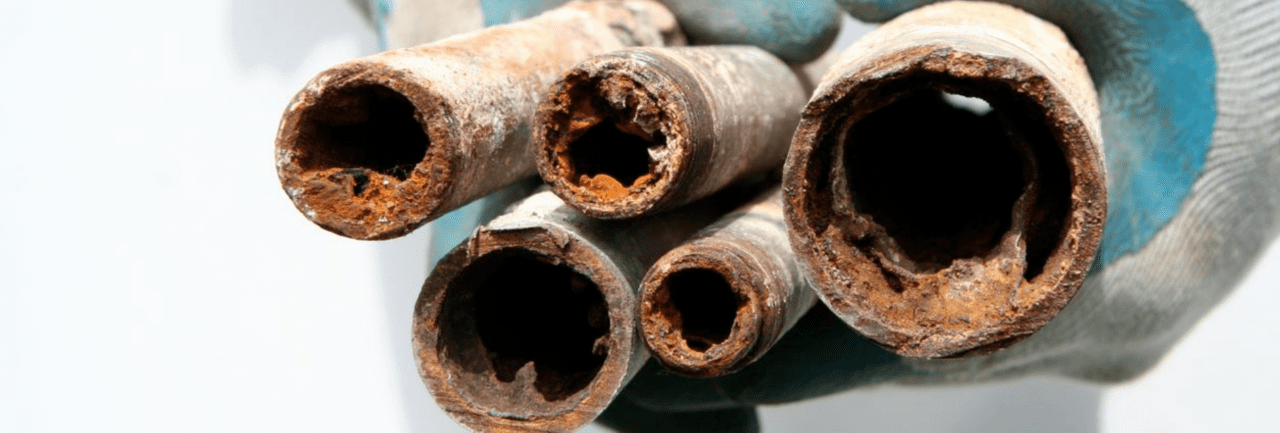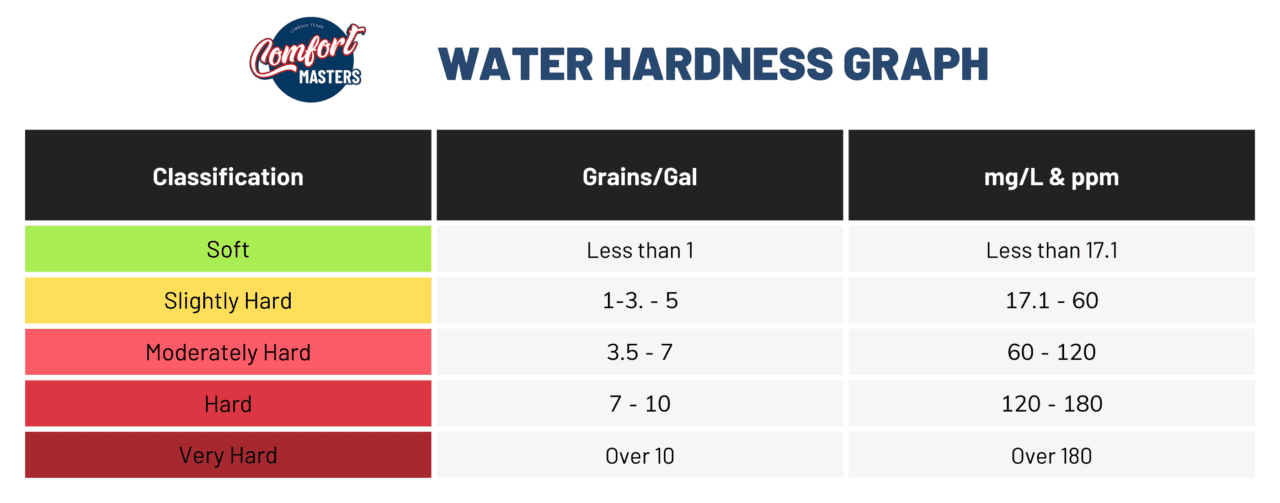Living in Lubbock, you may have noticed that your water often leaves mineral deposits on your faucets, dishes, toilet bowls and even in your pipes. This is due to the high mineral content, or “hard water,” which is prevalent in West Texas. While hard water is not harmful to health, it can cause significant issues for your plumbing system.
What is Hard Water?
Hard water contains high levels of calcium and magnesium. When hard water flows through your pipes, these minerals can accumulate, leading to scale buildup. This buildup can cause several problems.
- Reduced Water Flow: Scale deposits can restrict the flow of water in your pipes, leading to decreased water pressure.
- Clogged Appliances: Appliances like dishwashers, washing machines, and water heaters can become clogged with mineral deposits, reducing their efficiency and lifespan.
- Increased Energy Bills: Hard water makes it harder for your water heater to operate efficiently, leading to higher energy consumption and increased utility bills.
- Frequent Repairs: The constant wear and tear from hard water can lead to frequent plumbing repairs, which can be costly and inconvenient.
Hard Water in West Texas
Here’s a simple guide for classifying water hardness: Water with 0 to 60 mg/L (milligrams per liter) of calcium carbonate is considered soft. Water with 61 to 120 mg/L is moderately hard, 121 to 180 mg/L is hard, and anything over 180 mg/L is very hard.
How Soft Water Can Help
Soft water, on the other hand, is free from the high concentrations of calcium and magnesium found in hard water. A soft water system works by removing the high concentrations of calcium and magnesium ions found in hard water through a process called ion exchange. This system typically involves a water softener unit that uses resin beads charged with sodium or potassium ions. As hard water passes through the unit, the resin beads attract and capture the calcium and magnesium ions, replacing them with sodium or potassium ions, resulting in softened water. Here are some ways soft water can improve your home’s plumbing:
- Prevents Scale Buildup: By eliminating the minerals that cause scale, soft water keeps your pipes clear and maintains optimal water flow.
- Extends Appliance Lifespan: Appliances that use water, such as dishwashers and washing machines, will last longer and operate more efficiently without the damaging effects of hard water.
- Reduces Energy Costs: Soft water allows your water heater to function more efficiently, reducing energy consumption and saving you money on your utility bills.
- Less Frequent Plumbing Issues: With fewer mineral deposits, your plumbing system will experience less wear and tear, leading to fewer repairs and lower maintenance costs.
- Improves Skin and Hair Health: Soft water is gentler on your skin and hair compared to hard water, which can leave residue and cause dryness. With soft water, your skin feels smoother, and your hair is softer and more manageable, leading to a better overall personal care experience.
- Enhances Soap and Detergent Efficiency: Soft water enhances the effectiveness of soaps and detergents, allowing them to lather more easily and clean more thoroughly. This means you can use less soap and detergent, resulting in cost savings and better cleaning results for your dishes, laundry, and personal hygiene.
Don’t let hard water continue to damage your plumbing and appliances. Contact Comfort Masters today for a free consultation and learn how our water softening solutions can benefit your home. Transform your water, transform your home with Comfort Masters!






